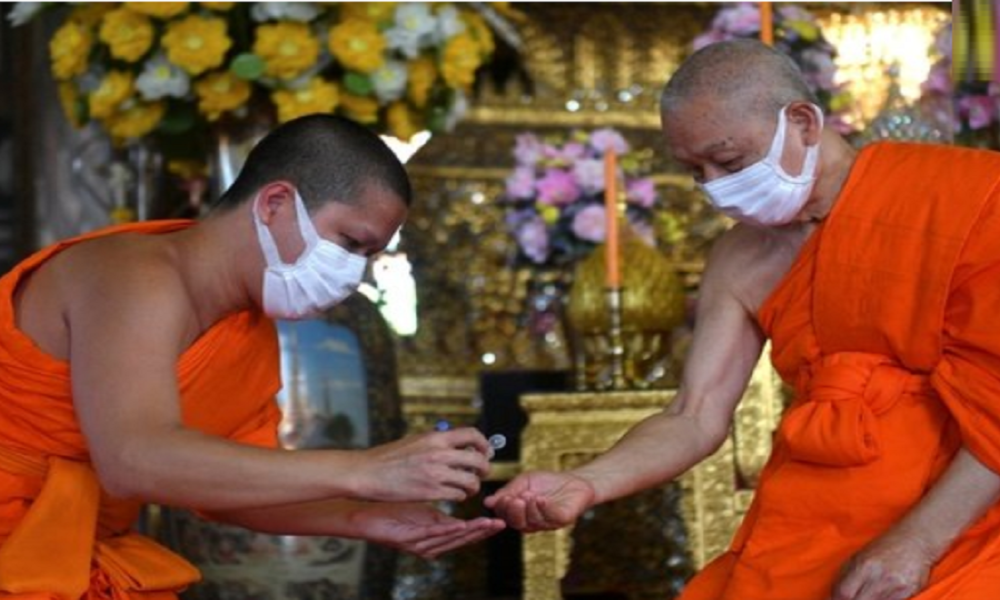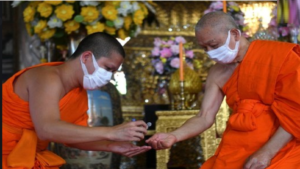The Rathyatra in Odisha’s Puri is one of the most iconic events in the Hindu festival calendar, which has a rather active six months in the second half of every year. Inside a couple of months of the conclusion of Rathyatra, a long line of festivals starts, beginning with Navratri and Durga Puja, and culminating in Diwali. But then 2020 is a different world—these are trying times, these are hard times. This year presents us with the conundrum on how to practice one’s faith when a pandemic is raging across the globe, and especially in a country which is deeply religious and where bigger the festival, bigger is the public participation, including the attendant chaos. All these religious festivals are steeped in tradition, and follow several rituals, any disruption of which is considered inauspicious by a large section of the population. There is no point dismissing these beliefs as unscientific and superstitious. These are too deep rooted for that and believed by too many to be scoffed at. This has become a point of debate in recent times, and as we witnessed in the Sabarimala case, it is not easy to trample on people’s faith, without causing widespread resentment among the devout and even alienation. In the case of Sabarimala, it was about women of a particular age not being allowed to enter a temple. In the case of Puri, it is about Rathyatra not celebrated one year being inauspicious and to be stopped for the subsequent 12 years.
These two cases might appear to be different in magnitude, but at the core of both cases are centuries-old practices that have survived into the modern age. In such cases, “reasoning” or “rational thought” cannot be imposed from outside. It has to come from within the communities involved. Hence, the Supreme Court should be commended for reviewing its earlier order disallowing Rathyatra this year because of the fear of coronavirus spreading among the congregation. On Monday, the Supreme Court allowed the Rathyatra festival to commence from Tuesday, but asked the authorities to ensure that assembly of people does not take place. This is a perfectly reasonable demand especially when live television will take the spectacle to millions of households across the country and the world. The revised order has also set the template for the way religious festivals are likely to be celebrated this year—without crowds and from a distance—or at least until the time a coronavirus vaccine is found. It is now incumbent on the authorities to ensure that the Supreme Court’s order is followed strictly. The state’s law and order machinery must be activated to ensure that no mass gathering takes place over the next few days. It should not be forgotten that a big percentage of corona cases in India, and in fact in different parts of the world, have their origins in religious congregations. And once the festival season starts later this year, the state authorities need to think out of the box to ensure that matters of faith are not trampled on, while public safety is also not jeopardized








